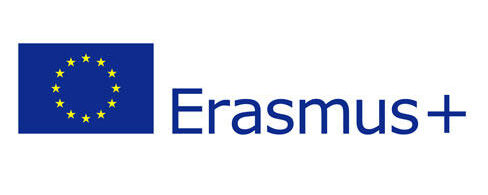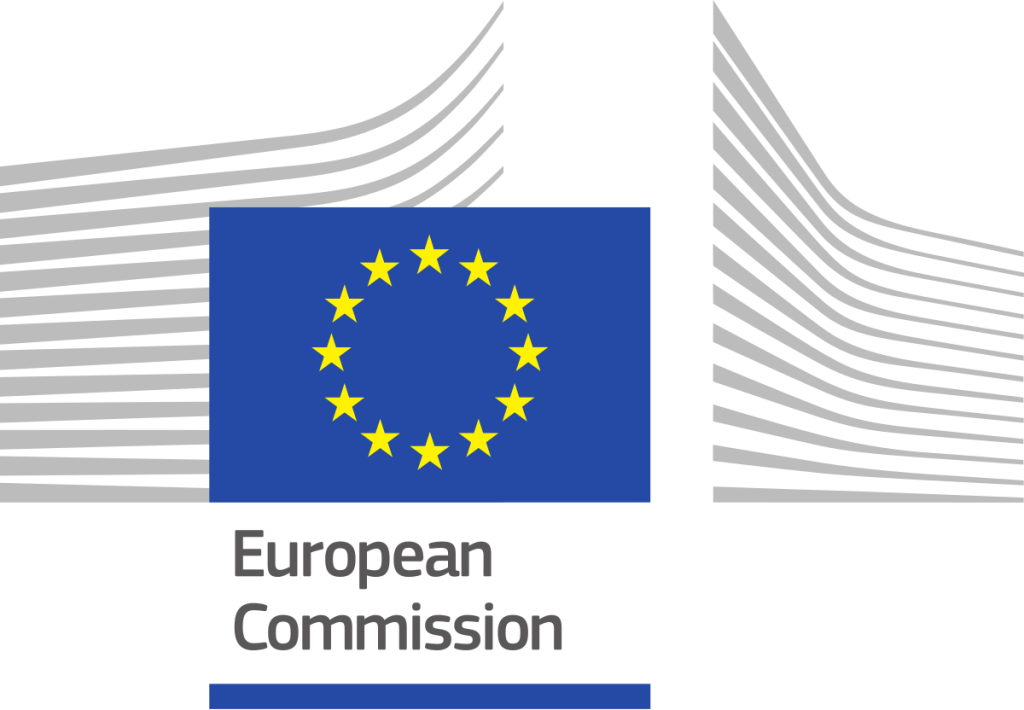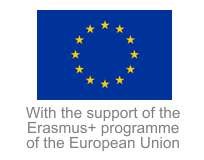National Erasmus + Office +382 20 223 087
Capacity building
The Capacity Building in Higher Education (CBHE) action supports international cooperation projects based on multilateral partnerships between organisations active in the field of higher education. It supports the relevance,
quality, modernisation and responsiveness of higher education in third countries not associated to the Programme for socio-economic recovery, growth and prosperity and reacting to recent trends, in particular economic globalisation but also the recent decline in human development, fragility, and rising social, economic and environmental inequalities exacerbated by the COVID-19 pandemic.
Specifically, the action will:
• Improve the quality of higher education in third countries not associated to the Programme and enhance its
relevance for the labour market and society;
• Improve the level of competences, skills and employability potential of students in HEIs in the third countries
not associated to the Programme by developing new and innovative education programmes;
• Promote inclusive education, equality, equity, non-discrimination and the promotion of civic-competences in
higher education in the third countries not associated to the Programme;
• Enhance the teaching, assessment mechanisms for HEI staff and students, quality assurance, management,
governance, inclusion, innovation, knowledge base, digital and entrepreneurial capacities, as well as the
internationalisation of HEIs in the third countries not associated to the Programme;
• Increase the capacities of HEIs, bodies in charge of higher education and competent authorities of third
countries not associated to the Programme to modernise their higher education systems, particularly in terms
of governance and financing, by supporting the definition, implementation and monitoring of reform
processes;
• Improve the training of teachers and continuous professional development in order to impact the longer term
quality of the education system in the third countries not associated to the Programme;
• Stimulate cooperation of institutions, capacity building and exchange of good practice;
• Foster cooperation across different regions of the world through joint initiatives.
EXPECTED IMPACT
• Modernised HEIs which will not only transfer knowledge but also will create economic and social value through
the transfer of their teaching and research results to the community/country;
• Improved access to and quality of higher education, in particular for people with fewer opportunities and in
the poorest countries in the different regions;
• Increased participation of HEIs located in remote areas;
• Governance for efficient and effective policymaking and policy implementation in the field of higher
education;
• Regional integration and establishment of comparable recognition, quality assurance tools to support
academic cooperation, mobility for students, staff and researchers;
• A stronger link and cooperation with the private sector, promoting innovation and entrepreneurship;
• Alignment of the academic world with labour market enhancing employability of students;
• Increased students sense of initiative and entrepreneurship;
• Increased level of digital competence for students and staff;
• Institutional ownership of the CBHE results thus ensuring sustainability;
• National ownership by experimenting and mainstreaming positive and best practices in HE;
• Increased capacity and professionalism to work at international level: improved management competences
and internationalisation strategies;
• Increased quality in the preparation, implementation, monitoring and follow-up of international projects
GEOGRAPHICAL TARGETS
CBHE projects can be implemented as:
• National projects, i.e. projects involving institutions from only one eligible third country not associated to the
Programme;
• Multi-country (regional) projects within one single eligible Region;
• Multi-country projects involving more than one Region (cross-regional) and involving at least one country from
each eligible Region
PROJECT STRANDS
Strand 1 – Fostering access to cooperation in higher education
Strand 2 – Partnerships for transformation in higher education
Strand 3 – Structural reform projects






